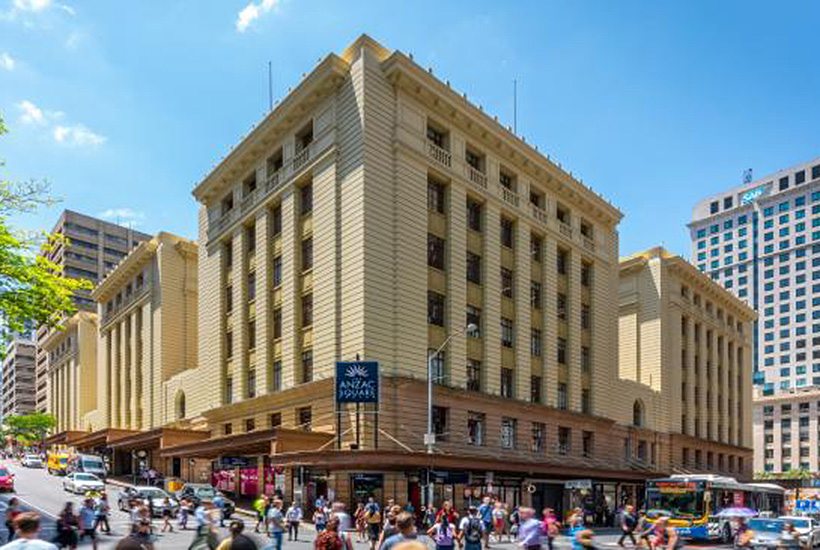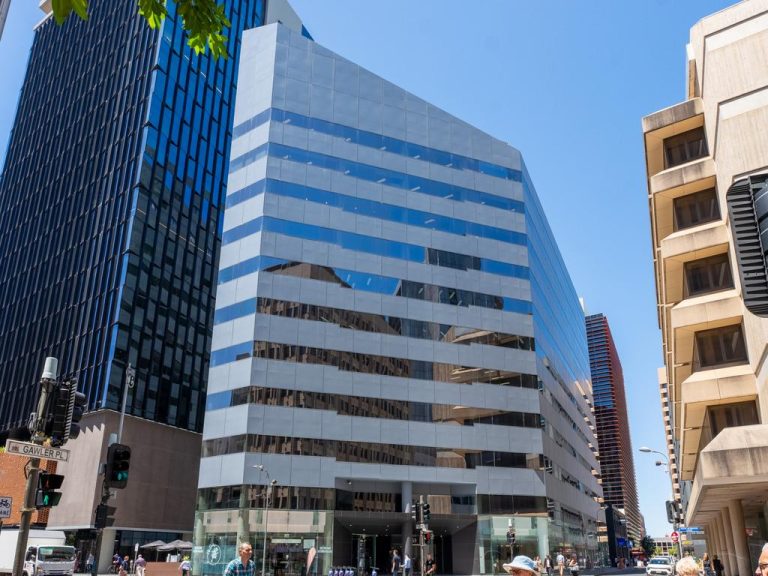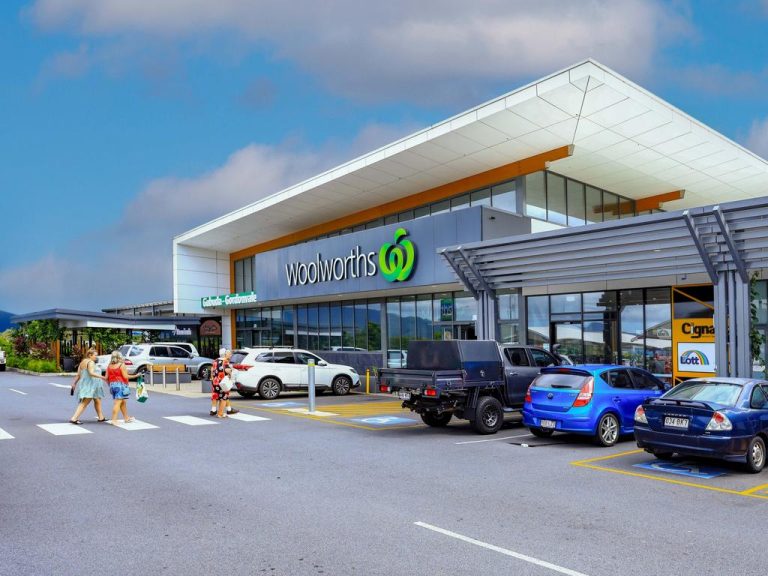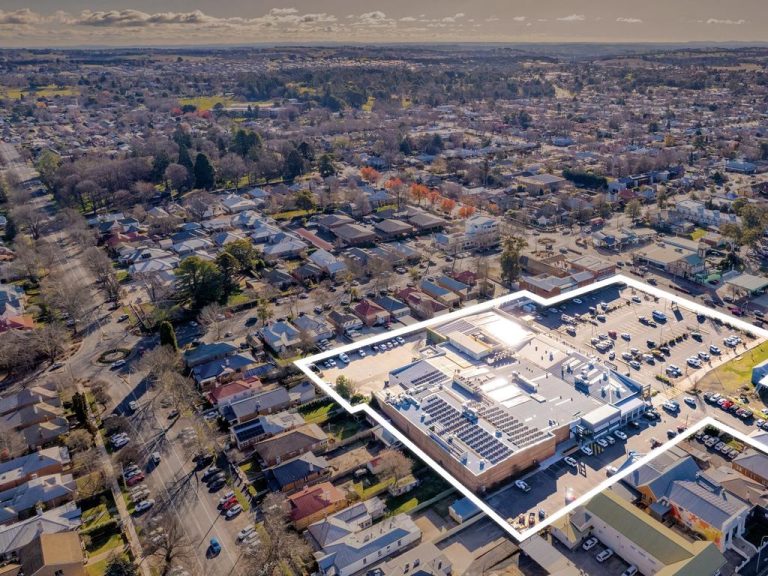Elanor to list office trust after major Brisbane buy

Listed office trusts appear to have a strong future as the latest promoter of a float of a fund launching on the local exchange snapped up a Brisbane building anchored by national operator Hub Australia.
Value-focused property player Elanor Investors Group said on Friday it was preparing to float a trust on the Australian Stock Exchange. The move comes as the Australian Unity Office Fund is being taken over and the Investa Office Fund was privatised last year.
The company has just bought the Brisbane complex from a Charter Hall-run fund for about $45 million. Charter Hall had signed up co-working company Hub Australia on a 10-year lease, spanning close to 60% of the building, and it can house about 700 workers.
Commercial Insights: Subscribe to receive the latest news and updates
The sale was brokered by Seb Turnbull and Luke Billiau of JLL, and the float is being led by Moelis, with Ord Minnett and Shaw and Partners as joint managers, with investors keen on the distribution yield of 7.2%.
The Elanor Commercial Property Fund will start with six investment-grade office properties worth about $306 million. It will float this year.
It exists as an unlisted fund and the portfolio has stabilised income and buildings in major metropolitan and commercial precincts. Elanor’s portfolio was started three years ago and will have a primary focus on assets that have leases of about five years. It is low risk with occupancy running at 97% and it spins off a strong yield while being geared at just 20%.
Institutions are keen on the stock because of its longer-term total return focus and its potential for growth.
In Brisbane, the fund is buying the complex at 200 Adelaide St from Charter Hall’s PFA Fund. Hub Anzac Square offers shared office space in the heritage Anzac Square building above the busy retail precinct.
Hub, led by founder Brad Krauskopf, has seven sites nationally and remains bullish about the sector.
The Elanor fund will also buy the remaining 49% interest in 202 Pier St, Perth, known as Workzone, that it does not already own. Once listed, it will look to expand beyond its holdings in Queensland, Western Australia and South Australia.
While it is a small component of the fund, the initial purchase defies global fears about co-working spurred by WeWork’s troubled attempts to list as a $US47 billion ($68 billion) enterprise in New York.
Most operators in the local market insist they are profitable and WeWork’s team has told office landlords it is profitable in both Melbourne and Sydney.
This article originally appeared on www.theaustralian.com.au/property.







